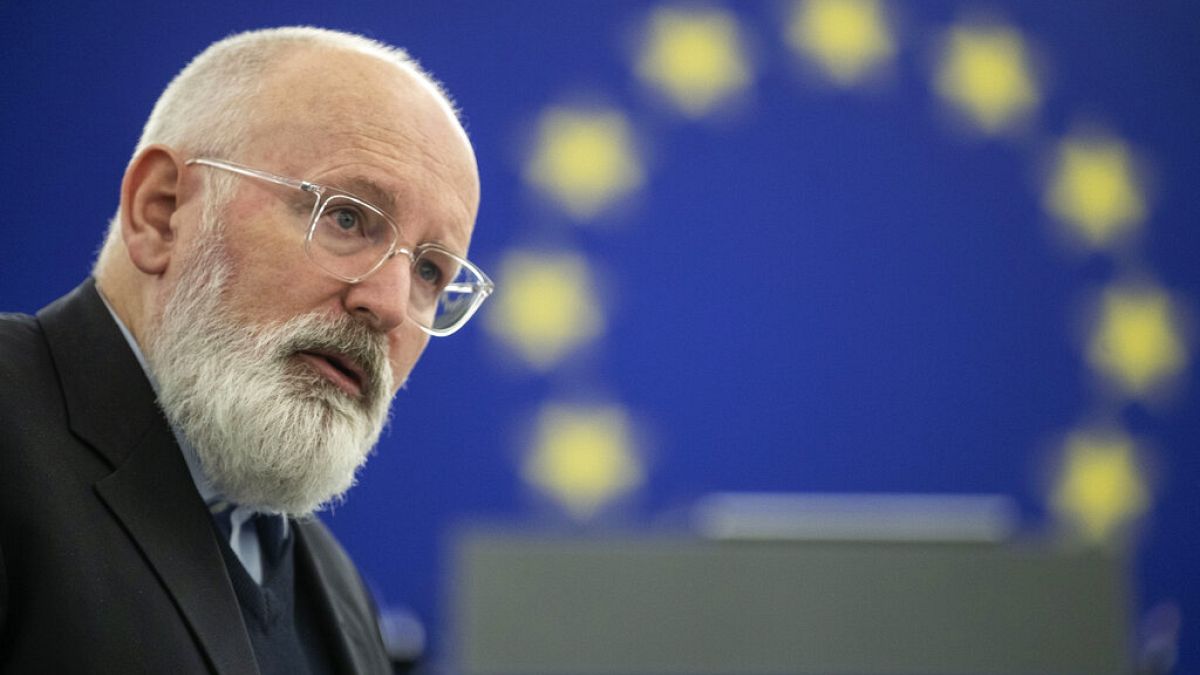EU official soothes fears of anti-Brexit voters saying Britain is always "welcome to come back".
In a "love letter to Britain" executive vice-president of the European Commission Frans Timmermans expressed his heartbreak at the country's decision to leave the EU.
The letter, published in The Guardian, dives into Timmermans' time at a British school which has shaped him and his identity as a European, but particularly as a Dutch national.
Timmermans is Ursula von der Leyen's deputy in her role as president of the European Commission and convinced of the European project. "We're not going away," he writes in his opinion piece, in which he likens himself to "an old lover."
He expresses his hurt at the rejection of the British using the symbolism of family members quarrelling, accepting some of the EU's responsibility for the messy nature of Brexit and the way all parties dealt with the issue. "Things then quickly get out of hand. We all are also very, very good at that. That is our legacy. That too is who we are," he writes.
Timmermans also points out his appreciation for the challenges the UK has given the EU, saying it "kept all of us in better shape."
In the process of it all, he laments that "so much unnecessary damage has been done" to Britain and the EU, adding that he fears more of that "will follow."
Britain is set to formally leave the EU on January 31 with a withdrawal deal and consequently enter a transition period, scheduled to last until December 31 2020. Prime Minister Boris Johnson has already stated that he will not extend this period, during which the UK will remain part of the customs union and single market.
The first point on the agenda next year will be negotiating a trade deal with the EU, as well as sorting out how the UK and the EU will co-operate on security and law enforcement issues.
Read more:
